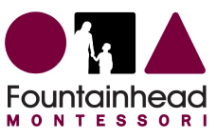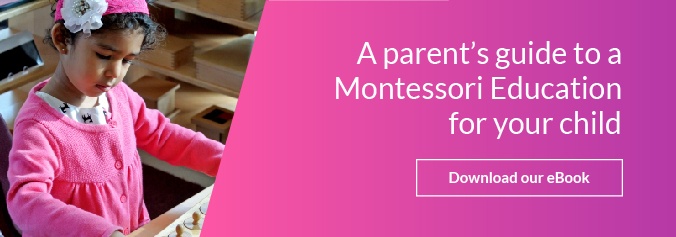One of the core tenets of the Montessori Philosophy is that children are naturally smart. This tenet was based on the observations of Maria Montessori, who found that children learn naturally when they are provided with the right type of learning environment and opportunities. An environment that allows for and encourages exploration is the ideal environment for learning. Children learn best when they are allowed to follow their natural curiosities and engage in exploration. Because of this, Montessori programs are designed to encourage exploration in all students. Exploration is encouraged in the Montessori classroom through individualized learning plans, hands-on opportunities, and self-direction.
Individualized learning plans
The teacher in the Montessori classroom spends time observing each student. Through these observations, the teacher learns about the interests, abilities, and needs of each student. This information is used to prepare a learning plan and environment that allows each student to explore and learn at an optimal level. Individualized learning plans encourage exploration by allowing students to explore areas of interest within a prepared environment. This type of exploration lets students dive deep into an area of interest in age-appropriate and beneficial ways. Individualized learning plans allow students to explore their interests in a way that continually challenges them and helps them progress.
Hands-on learning opportunities
Hands-on learning is an important part of encouraging exploration in the Montessori classroom. Engaging multiple senses during the learning process helps students absorb information more deeply and remain focused for longer periods of time. The Montessori Method puts an emphasis on allowing students to explore through hands-on learning opportunities. The classroom and outside areas in Montessori school are full of carefully crafted hands-on learning stations.
Self-directed learning opportunities
Montessori programs encourage exploration in all students by allowing for self-directed learning opportunities. Students in the Montessori classroom have a say in what and how they learn. The teacher provides options for each student through individualized learning plans, and the student has the freedom to choose between those options in the classroom. Giving students some choices increases exploration and helps students feel like they have a level of control over their learning. This feeling of having a choice can help children develop the belief that they control their own learning and ultimately help them develop into adults who continue to learn beyond the classroom.
Exploration is a key element in the Montessori Philosophy of education. Students learn more quickly and more deeply when learning happens as a part of natural and free exploration. Since exploration is a foundational part of Montessori education, you will find that it is encouraged in every student and in every situation. You can see for yourself how exploration is encouraged in every student by scheduling a time to observe a Montessori class. An in-person observation and tour of the school will allow you to see how teachers create opportunities for exploration in every part of the day in a Montessori school environment.












Let us know what you think about this post
Put your Comment Below: